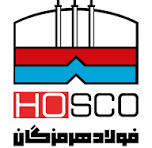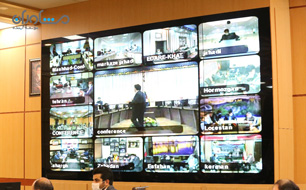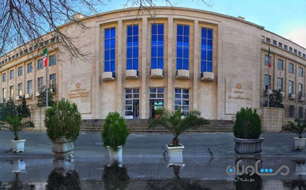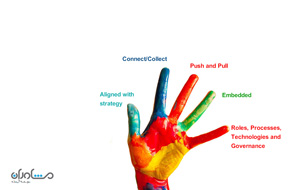
Municipalities
Urbanization and sustainable urban management are considered to be the most critical factors for future cities. To implement comprehensive strategies for managing urban development based on social, environmental, and economic issues, city managers must use integrated frameworks to direct available resources. In the era of modern urbanization, municipalities face multifaceted problems. Mayers and city managers must use advanced systems to collect vast amounts of data, information, and tacit knowledge in their organizations.
A knowledge management system (KMS) promotes a knowledge-based urban planning process concerning sustainable aspects. The Knowledge-Based City (KBC) is an integrated framework for applying advanced management to the maintenance and development of urban management, and this integrated framework is in line with the benefits of using classical urban planning and sustainable development processes.
Knowledge creation and dissemination in KM software can also improve local government competence and efficiency, make urban planning more knowledge-based, and provide more knowledge about citizens (to better respond to them).
In today's era, local government networks need tools to manage their knowledge assets to build adaptive capacity to deal with existing complexity and uncertainty.
A knowledge management system (KMS) promotes a knowledge-based urban planning process concerning sustainable aspects. The Knowledge-Based City (KBC) is an integrated framework for applying advanced management to the maintenance and development of urban management, and this integrated framework is in line with the benefits of using classical urban planning and sustainable development processes.
Knowledge creation and dissemination in KM software can also improve local government competence and efficiency, make urban planning more knowledge-based, and provide more knowledge about citizens (to better respond to them).
In today's era, local government networks need tools to manage their knowledge assets to build adaptive capacity to deal with existing complexity and uncertainty.
Smart cities & knowledge management
SSmart cities use modern digital communication technology to monitor, manage, and strengthen critical infrastructure and public services.
Smart cities depend on the creation of urban infrastructure (physical asset) and increasingly depend on the availability and quality of knowledge flow and social infrastructure (human and social asset).
From the perspective of knowledge management platforms, smart city:
• is a complex network of knowledge communications that is continuously evolving and evolving.
• Influenced by the flow of knowledge related to an innovative society.
• Its development has been doubled by human resources knowledge.
Smart cities depend on the creation of urban infrastructure (physical asset) and increasingly depend on the availability and quality of knowledge flow and social infrastructure (human and social asset).
From the perspective of knowledge management platforms, smart city:
• is a complex network of knowledge communications that is continuously evolving and evolving.
• Influenced by the flow of knowledge related to an innovative society.
• Its development has been doubled by human resources knowledge.

Smart city knowledge-based vision
The knowledge-based vision of the smart city, focusing on information and knowledge of the people, offers solutions to improve decision-making processes and strengthen the added value of modern city business processes. Knowledge management has a wide range of tools and techniques to facilitate smart insights, generate ideas, help approve them, and strengthen citizen participation in smart city decisions.
A Knowledge Broker Intervention Model is presented as the main lever to help create a smart city. The leading role of KBIM is to cultivate and create relationships for the continuity of information and knowledge flow between researchers and decision-makers on the one hand and, on the other hand, between the organizational layers of society. KBIM is not only a social tool, but also the main reason for its use is to ensure the accuracy and integrity of the knowledge transferred and the timely access of decision-makers to the required knowledge. Its ultimate goal is to ensure significant change as a result.
A Knowledge Broker Intervention Model is presented as the main lever to help create a smart city. The leading role of KBIM is to cultivate and create relationships for the continuity of information and knowledge flow between researchers and decision-makers on the one hand and, on the other hand, between the organizational layers of society. KBIM is not only a social tool, but also the main reason for its use is to ensure the accuracy and integrity of the knowledge transferred and the timely access of decision-makers to the required knowledge. Its ultimate goal is to ensure significant change as a result.

MTA and Municipalities
MTAShare in many municipalities has taken adequate measures to increase and share the staff's knowledge and experiences. Comprehensive knowledge software of Tehran Municipality, knowledge management software in District 10 Municipality, and establishing knowledge management process model in Tehran Municipality Information and Communication Technology Organization can be mentioned among the actions of MTA in this industry.













